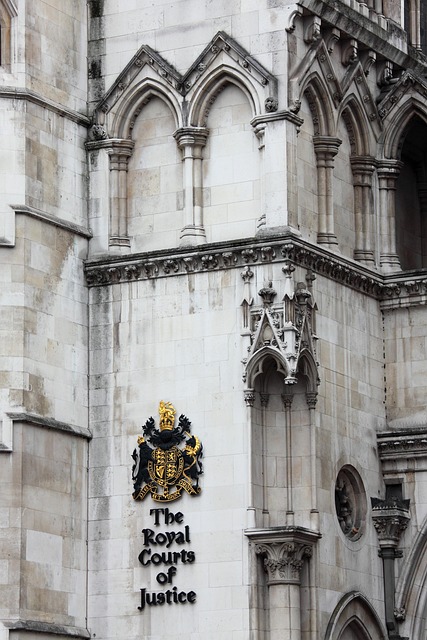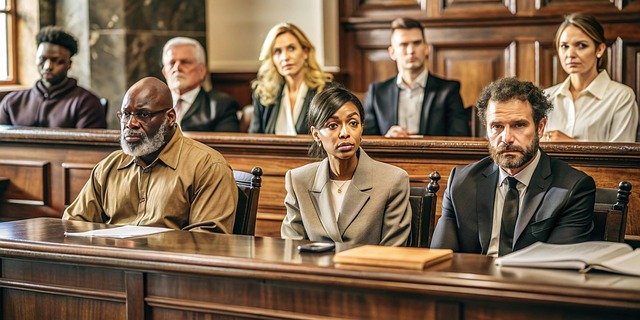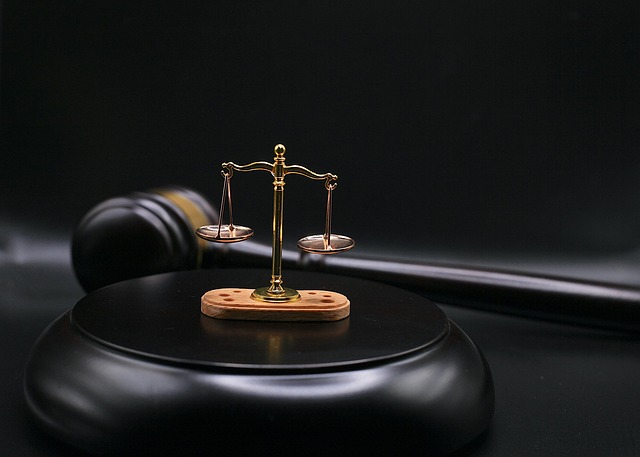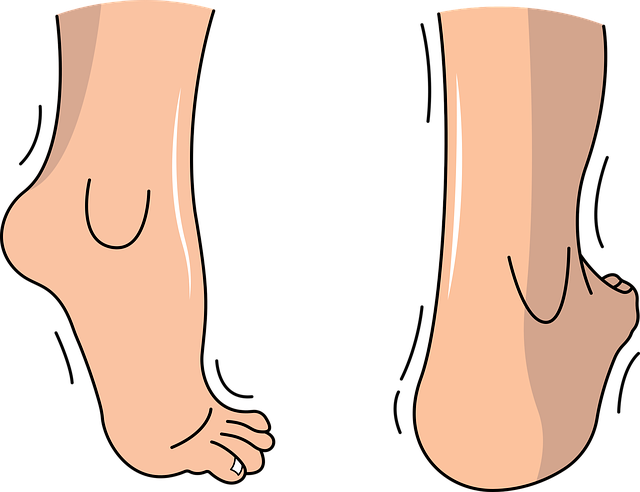Lawyers prepare for personal injury trials by gathering and analyzing medical records, witness statements, and jurisdiction-specific legal precedents. They rigorously evaluate evidence to understand complex cases like elder abuse or real estate litigation, anticipate opposing arguments, and develop effective case strategies. This comprehensive approach enables them to navigate complexities, advocate for clients' recovery, and ensure fair compensation.
“Preparing for a personal injury trial demands meticulous strategizing and extensive evidence analysis from lawyers. This comprehensive guide explores the crucial steps legal professionals undertake to ensure victory. From gathering and scrutinizing relevant evidence, such as medical records and witness statements, to crafting compelling arguments and preparing witnesses, each aspect contributes to a strong case presentation. Lawyers must also master trial procedures and rules of evidence to effectively navigate this complex process. Discover how these strategies enhance success in personal injury trials.”
- Gathering and Analyzing Evidence
- – Identifying relevant evidence
- – Evaluating medical records, witness statements, and police reports
Gathering and Analyzing Evidence
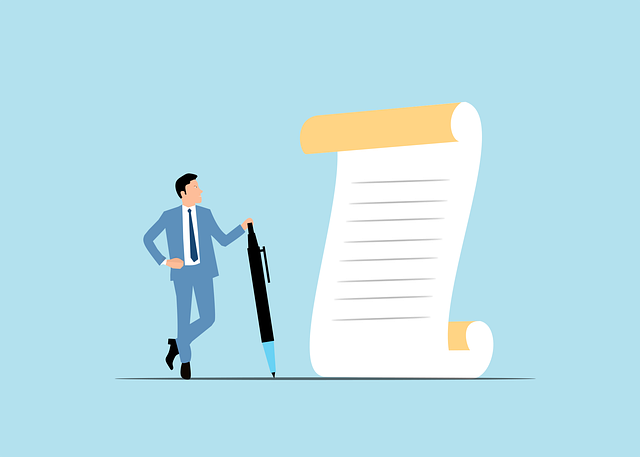
In preparing for a personal injury trial, lawyers must meticulously gather and analyze evidence to build a compelling case. This involves reviewing medical records, gathering expert opinions, and collecting statements from witnesses who can corroborate the client’s version of events. Every piece of information is scrutinized for its relevance and potential impact on the case, ensuring that all aspects of the personal injury claim are thoroughly understood.
The process includes identifying relevant evidence related to specific areas like elder abuse, real estate litigation, or other complex matters. By carefully analyzing this data, lawyers can uncover key facts that strengthen their argument for client recovery. This strategic approach allows them to anticipate opposing counsel’s arguments and counter them effectively during the trial.
– Identifying relevant evidence
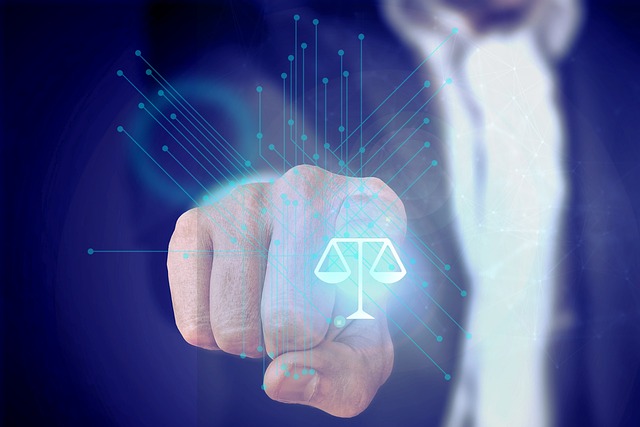
In preparing for a personal injury trial, lawyers must first carefully identify all relevant evidence. This includes medical records detailing the extent and duration of the client’s injuries, witness statements that corroborate the incident and the client’s version of events, and any photographs or video footage of the scene or the injuries. Insurance disputes often hinge on such evidence, as do negotiations for accident settlements, especially when serious injuries are involved.
Lawyers also need to review relevant laws and precedents specific to personal injury cases in their jurisdiction. This legal research helps them anticipate potential arguments from opposing counsel and build a robust case strategy. By compiling this comprehensive body of evidence and legal knowledge, lawyers can effectively navigate the complexities of a personal injury trial.
– Evaluating medical records, witness statements, and police reports

In preparing for a personal injury trial, lawyers meticulously review and analyze critical documents such as medical records, witness statements, and police reports. Medical records are crucial in understanding the extent and nature of injuries sustained during a car accident or other incidents leading to personal injury claims. Lawyers carefully study these records to identify treatments, diagnoses, and prognoses, which can significantly impact compensation demands.
Witness statements and police reports also play pivotal roles in reconstructing the events surrounding a personal injury case. These documents provide firsthand accounts of what happened, helping lawyers build a strong narrative for their clients. In cases involving caregiver abuse or other complex scenarios, these records become even more vital, enabling legal professionals to navigate the intricacies and ensure their clients receive fair compensation for their car accident injuries or other forms of harm.
In preparing for a personal injury trial, lawyers meticulously gather and analyze evidence, including medical records, witness statements, and police reports. By identifying relevant information and evaluating its impact, they construct compelling cases that seek justice for their clients. Through this strategic process, they ensure a strong foundation for presenting a persuasive argument in court.
